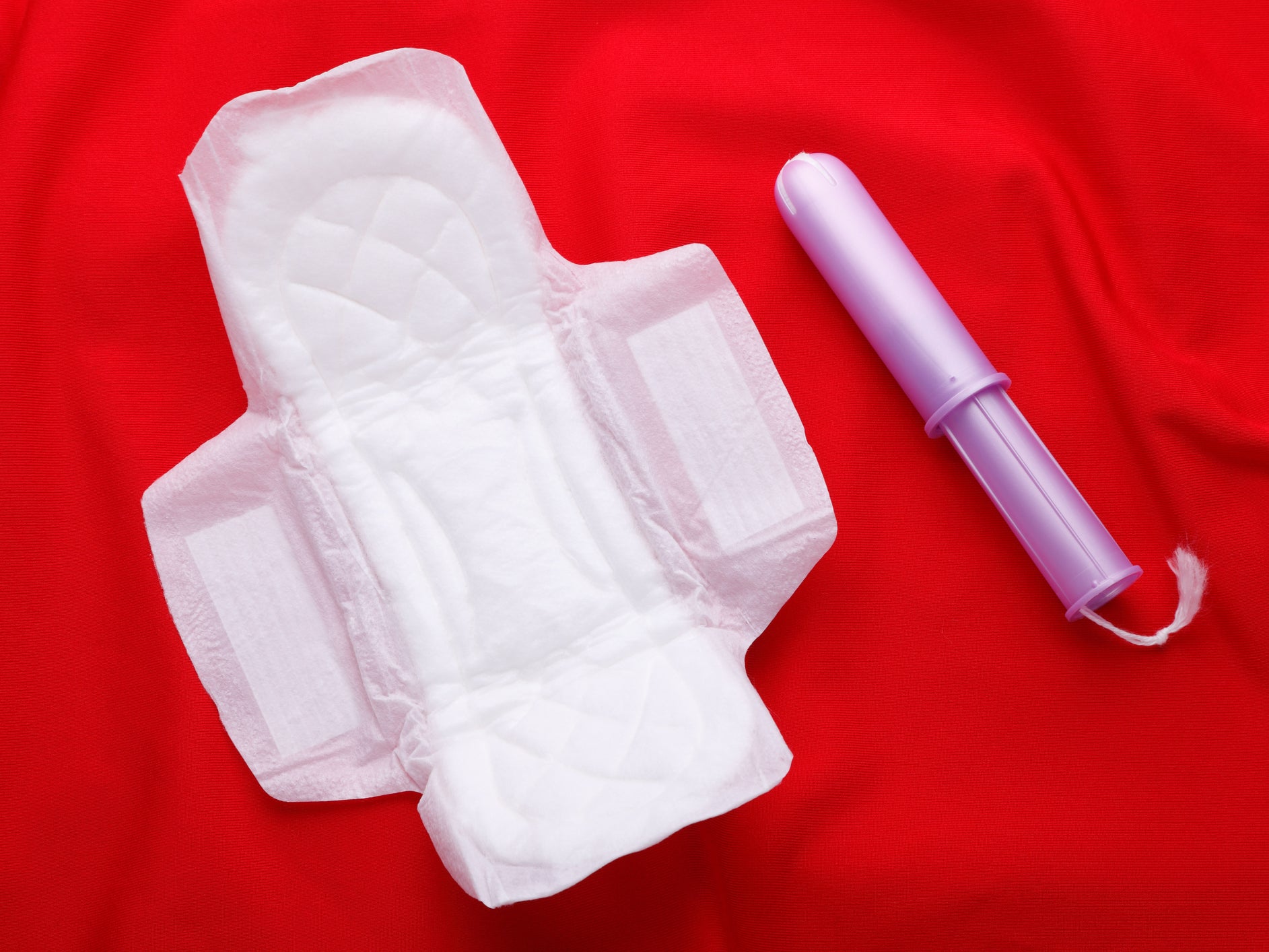Women face discrimination over their periods at work: 'It’s just an excuse to act like a b****'
Exclusive: Pain 'is something very serious that needs to be listened to, respected, and supported,' says campaigner

Women are facing discrimination over their periods in the workplace and colleagues are not taking their pain seriously and subjecting them to scathing comments, according to a new poll.
Carried out by a Chartered Institute of Personnel Development training specialist, the survey found around half said they faced significant stigma. Almost a third said co-workers did not take period pain seriously.
More than one in 10 said they had been on the receiving end of negative comments about their periods while at work
Pejorative comments directed at them in the workplace spanned from what they described as micro-aggressions such as “It’d get better if you had kids” to derogatory slang like: “It’s because she’s on the rag”.
Accusatory statements like “It’s just an excuse to act like a bitch”, “It’s not a real illness”, and “You’re just lazy” has also been thrown at them.
The study, carried out by DPG, polled 2,000 women and transgender men who are still menstruating.
Six in 10 said they would not feel comfortable talking about periods at all with either colleagues or managers due to the taboo which surrounds menstruation.
The stigma was having a number of consequences.
Some 57 per cent of respondents said they had to lie to their managers about why they needed a sick day. Three-quarters said they hid sanitary products at work.
Those in male-dominated workplaces were found to endure greater levels of period stigma than in female-dominated organisations. A total of 82 per cent of those who were employed by male-dominated workplaces said they are unable to talk to colleagues about periods.
This compared to 54 per cent in female-dominated organisations.
Many workplaces lacked basic facilities for supporting those who menstruate, the poll found. Over a quarter of respondents said they did not have sanitary bins at work, while almost one-third did not have constant access to a toilet.
Just seven per cent said they had access to back supports to alleviate pain.
“Period stigma enforces these walls of shame and silence around menstruation that can cause menstruators to feel unsupported and often embarrassed," said Nadya Okamoto, founder and director of the PERIOD charity. "The lack of empathy and openness around periods also minimises and dismisses period pain, which is something very serious that needs to be listened to, respected, and supported. Especially for people experiencing endometriosis (10 per cent of women), uterine fibroids, or other painful periods.
“Menstruators in the workplace do not feel that they can ask for the things they need, whether it is a tampon or a sick day because of the belief that having a period makes women weak or inferior in some way. This stigma also means that women face scrutiny and criticism for their emotions, behaviour, and performance-based on their period”.
The research comes as a separate survey found women who push themselves to work or study in spite of menstrual symptoms like painful cramps may be less productive on those days and might benefit from being able to work from home or take a day off and make it up later.
This polling conducted in The Netherlands and published in journal BMJ Open, found the average woman took off 1.3 days per year for reasons related to her periods.
Some 81 per cent of the women said they regularly showed up for work or school even though their period is making them feel sick.
When the researchers asked the women to what extent they were able to be as productive as possible on bad period days, they found the average woman perceived herself to be about 33 per cent less productive on those days.
Theodoor Nieboer of Radboud University Medical Center and colleagues recruited 32,748 women and teens via an online campaign on Twitter and Facebook in 2017.
Previous research found 49 per cent of girls in the UK had missed a day of school due to periods and one in 10 women aged 14 to 21 is not able to afford period products.
Girls have reportedly used toilet roll, socks and newspapers to manage their periods.
Sanitary products in the UK are classed as a “luxury, non-essential item” and taxed at five per cent – with the average lifetime cost of sanitary products estimated at £4,800.
Subscribe to Independent Premium to bookmark this article
Want to bookmark your favourite articles and stories to read or reference later? Start your Independent Premium subscription today.

Join our commenting forum
Join thought-provoking conversations, follow other Independent readers and see their replies